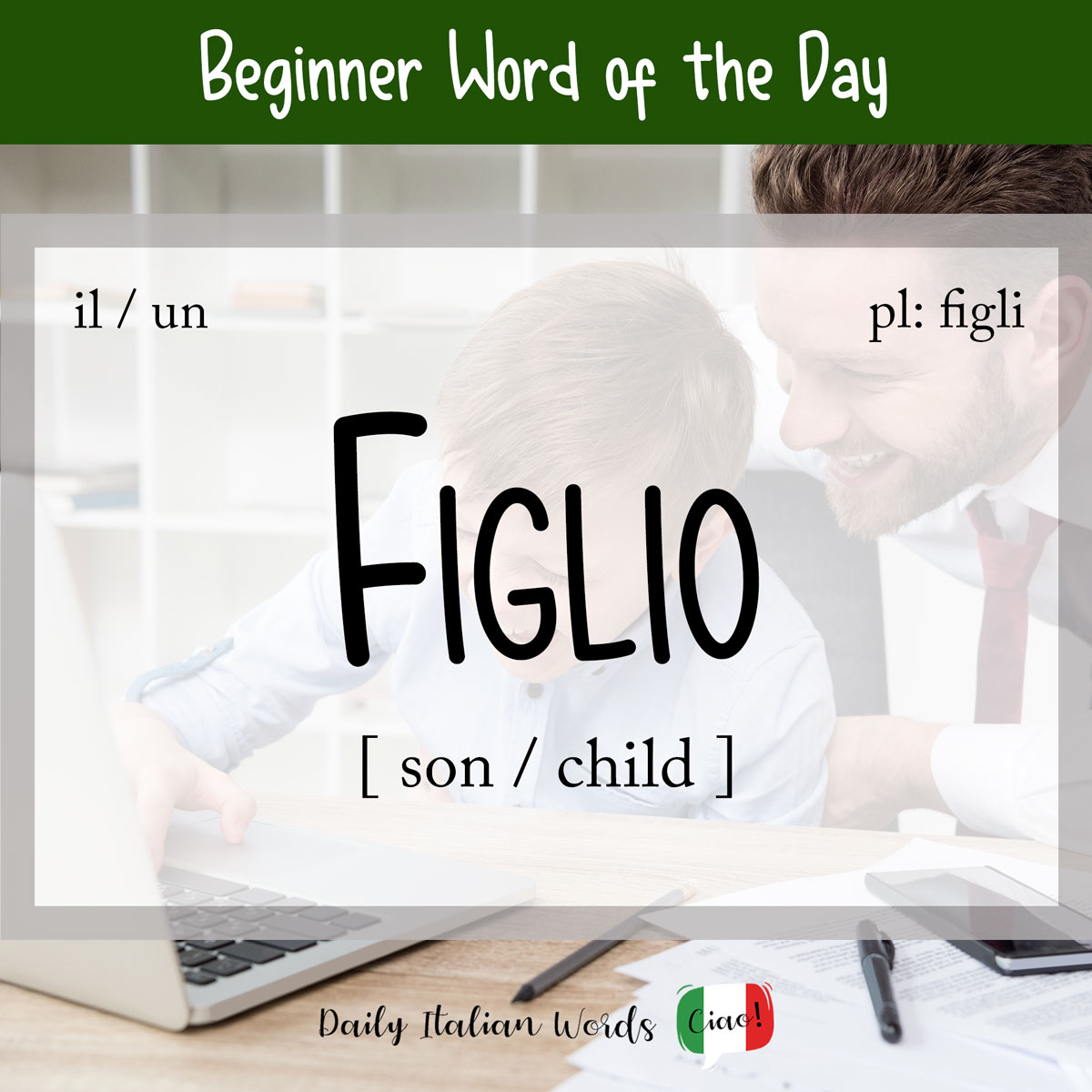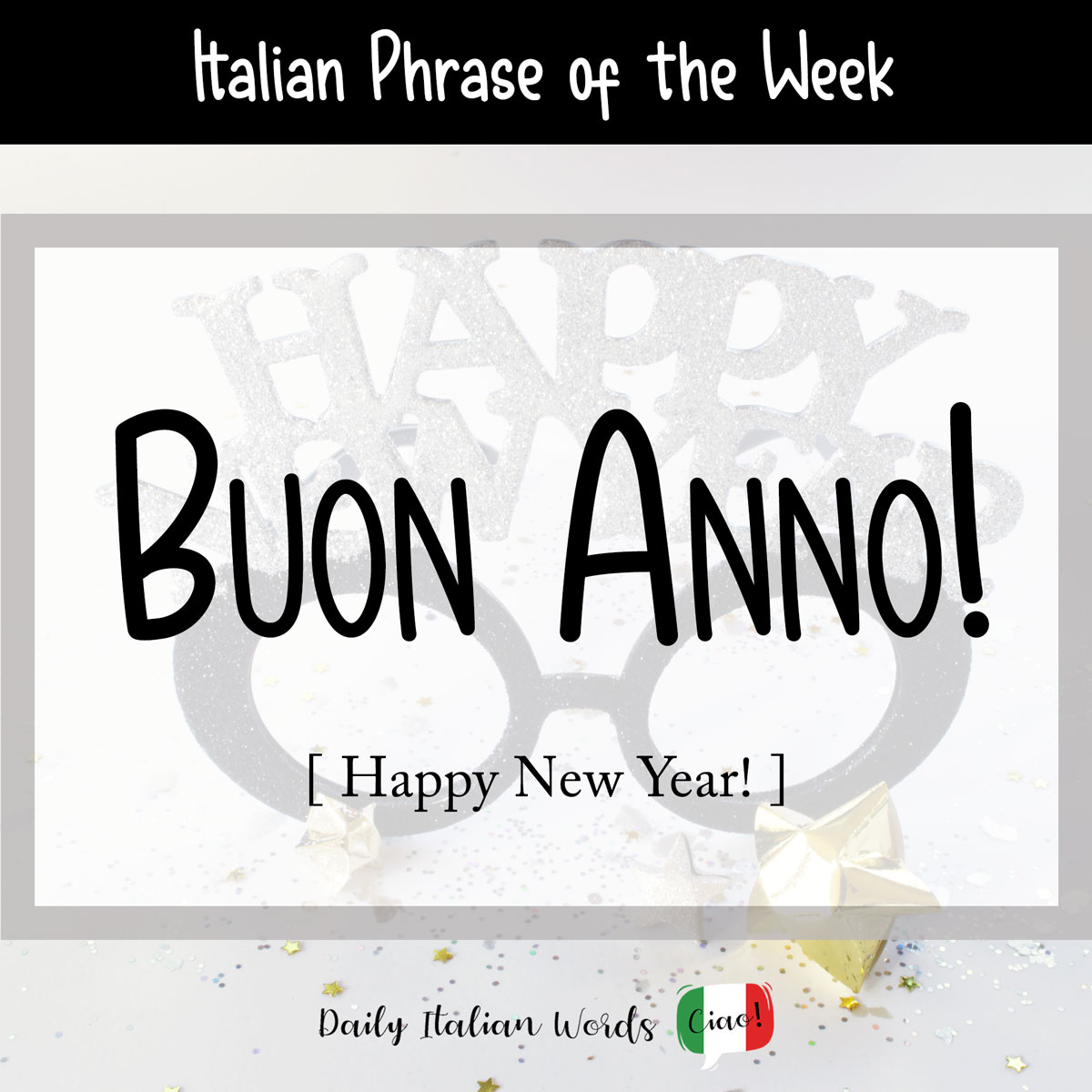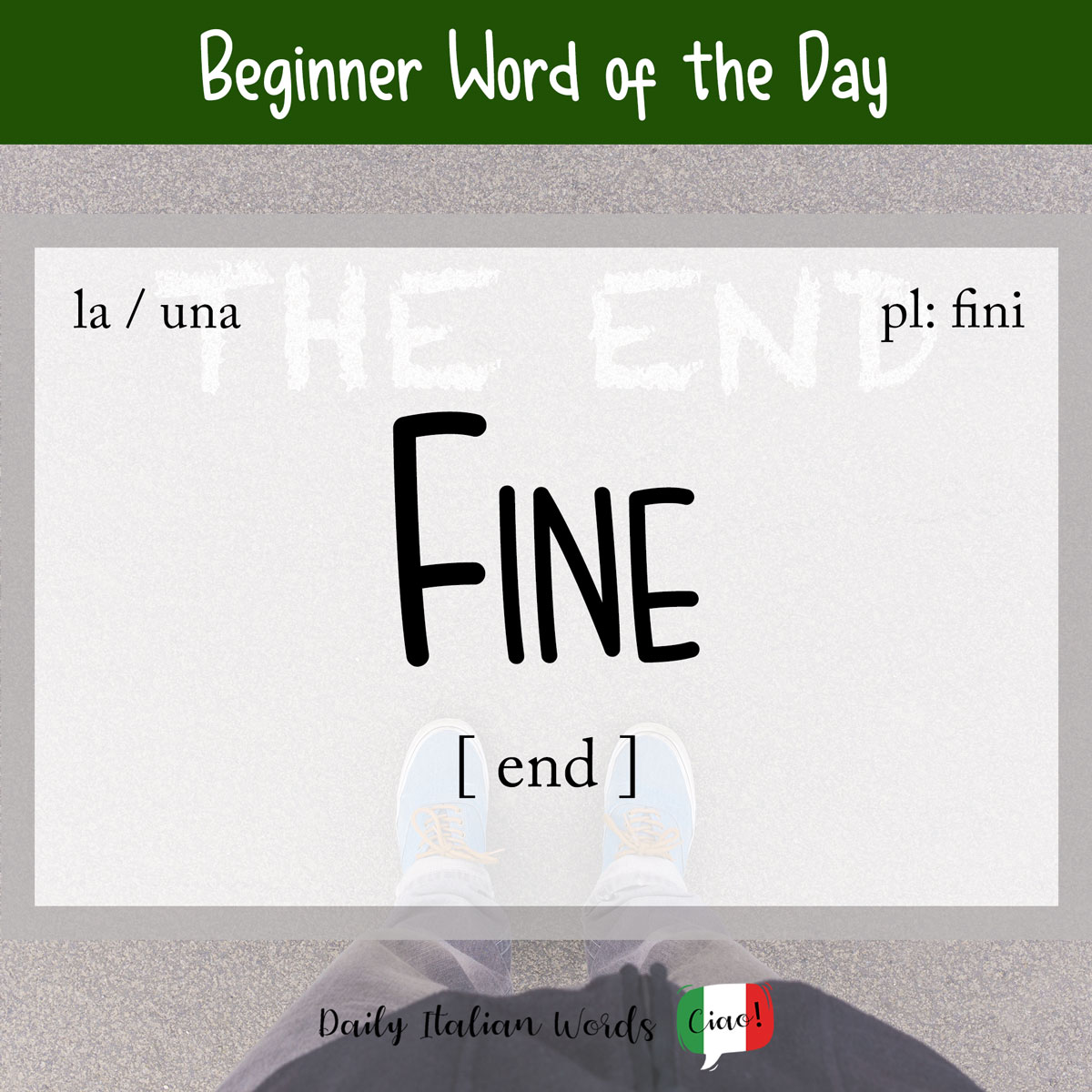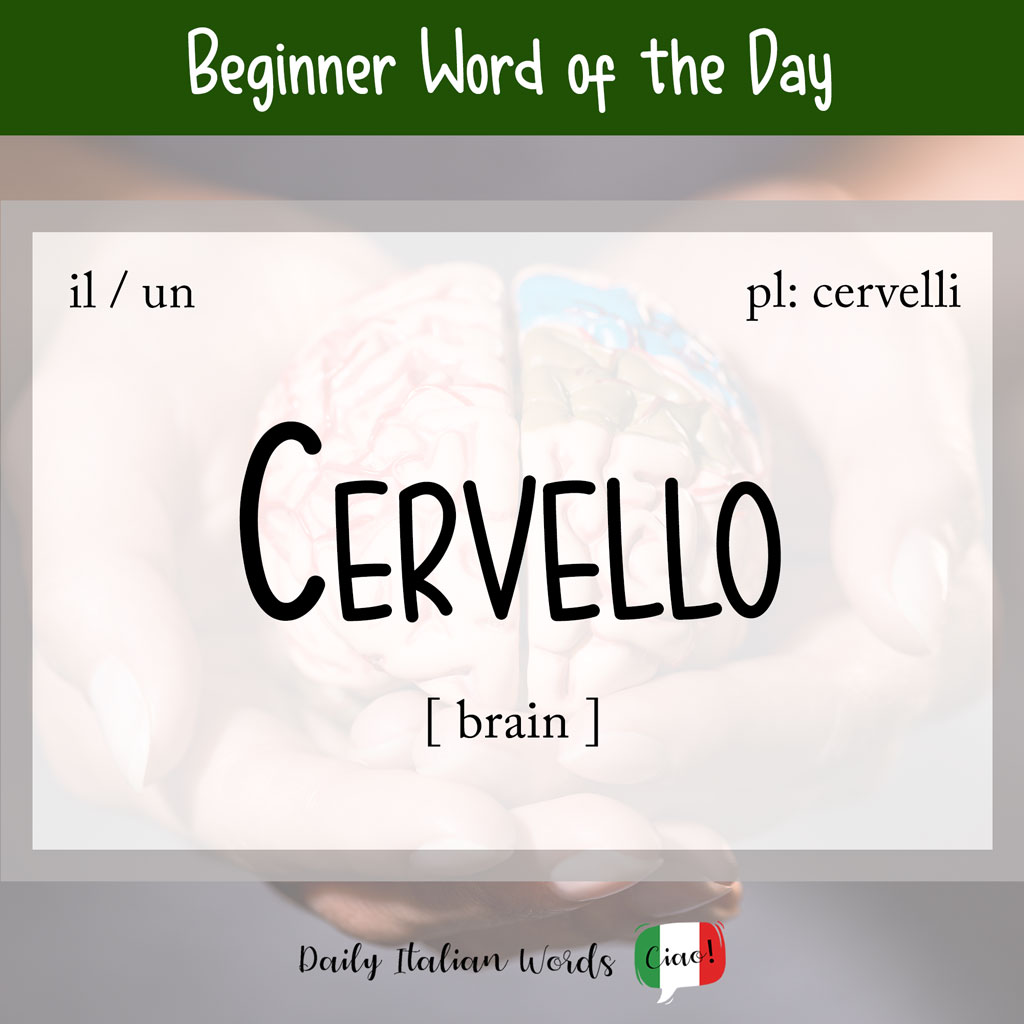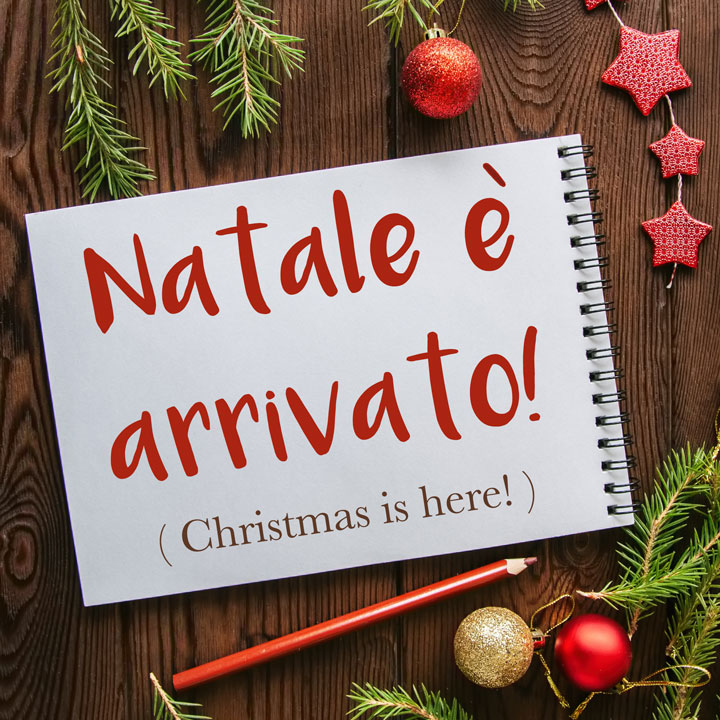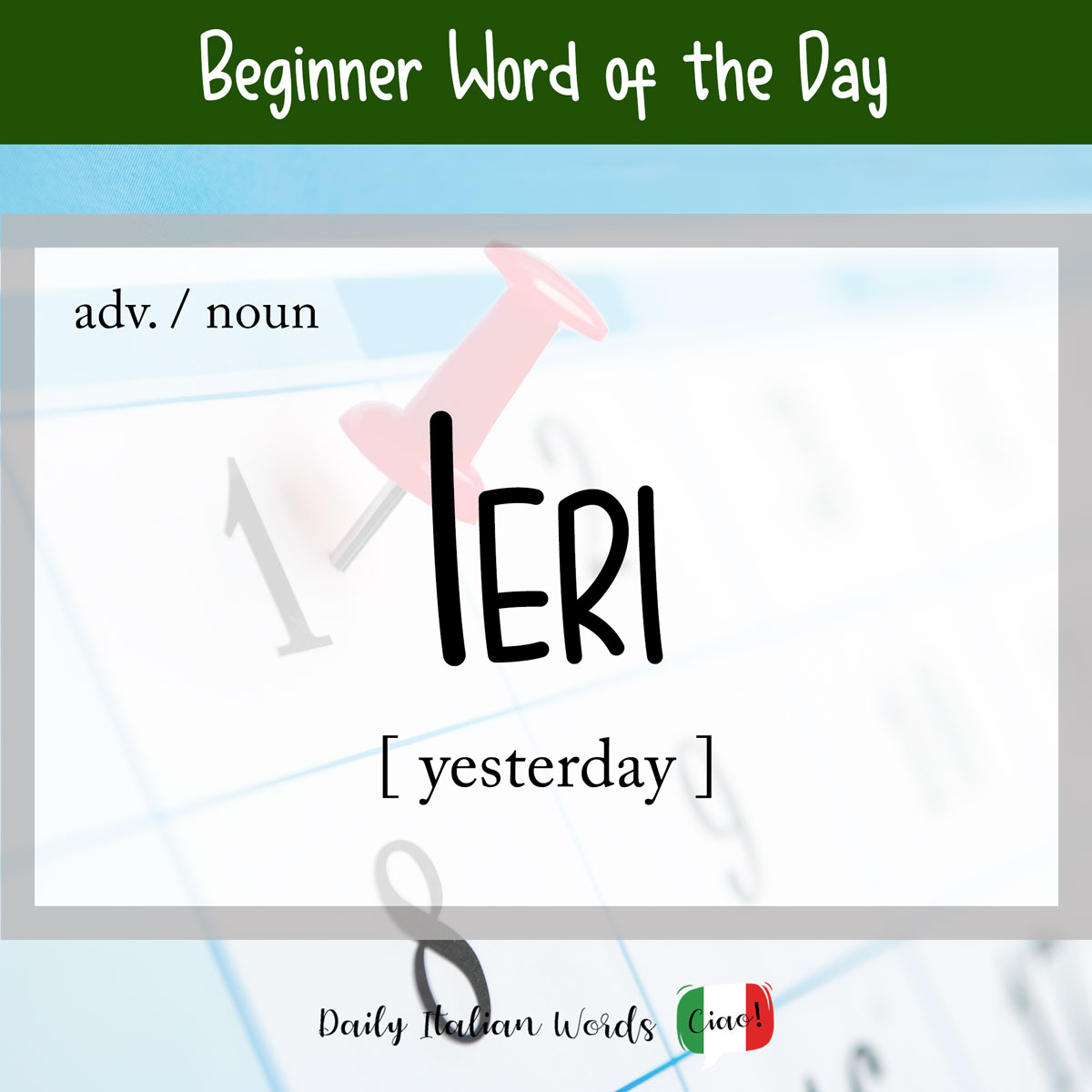Italian Word of the Day: Figlio (son / child)
Figlio is the word for son in Italian. It derives from the Latin filius and is related to words such as femmina (female) and fecondo (fertile). It can also refer more generically to a child if the sex is unknown (as in the case of an unborn child for example). The plural figli can mean …

